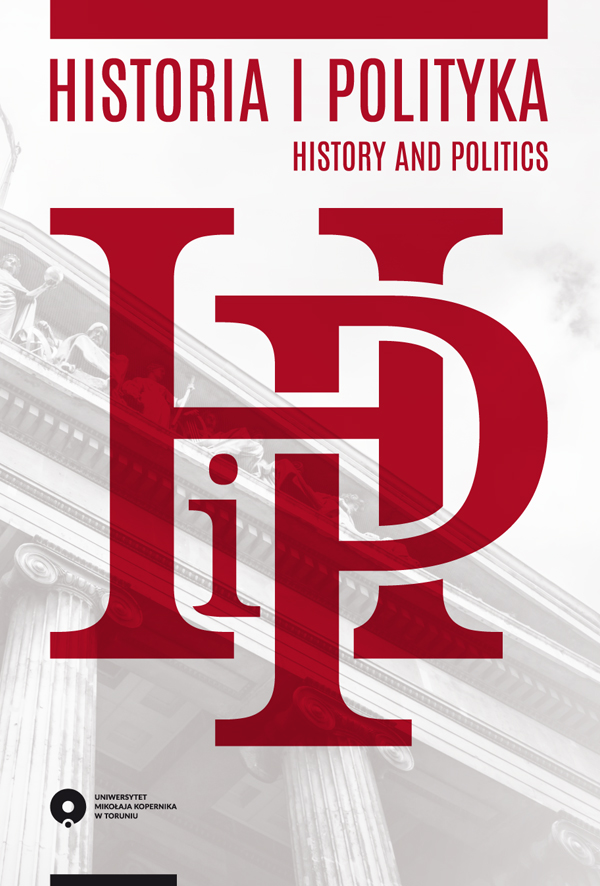Stany Zjednoczone a integracja polityczna, militarna i gospodarcza Europy Zachodniej w pierwszych latach po II wojnie światowej (do 1950 r.). Ameryka nadaje ton i dyktuje warunki (Część II)
The United States and the Political, Military and Economic Integration
of Western Europe in the First Years after the Second World War (Until 1950).
America Sets the Tone and Dictates the Conditions
Author(s): Zbigniew KlimiukSubject(s): Politics
Published by: Wydawnictwo Naukowe Uniwersytetu Mikołaja Kopernika
Keywords: II wojna światowa; okres powojenny; Europa Zachodnia; Stany Zjednoczone; integracja polityczna, militarna i ekonomiczna; doktryna izolacjonizmu; organizacje zachodnioeuropejskie; rozwój gospodarczy; h
Summary/Abstract: The influence of the US on the forms and course of the integration processes in Western Europe was very strong, especially in the first post-war years. It was the influence of an external force which, being free of the internal contradictions stemming from Western Europe’s interests, had at its disposal real capabilities to impose integration concepts beneficial to itself. Such integration was in line with both the economic and military interests of the United States during this period. The main reasons prompting Western European countries in the first post-war years to accept the solutions suggested by the United States were: the said countries’ difficult economic situation, fear of the communist parties’ coming to power, and the reluctant (hostile) attitude towards the USSR and the communist bloc. The combination of these causes served to temporarily neutralize the centrifugal tendencies and muted the divergence of interests between the individual countries of Western Europe. Such motives of integration also influenced the character of the emerging Western European political, military and economic organizations. The economic development of Western European countries, whose sources, in addition to the Marshall Plan, should be seen also in other factors, later led to a shift of integration initiatives from the American side to the European one. From a formal point of view, the effects of US policy in the period up to 1950 entailed: the establishment of NATO, the creation of the OEEC and the signing of the agreement on the EUP.
Journal: Historia i Polityka
- Issue Year: 36/2019
- Issue No: 29
- Page Range: 27-42
- Page Count: 15
- Language: Polish

